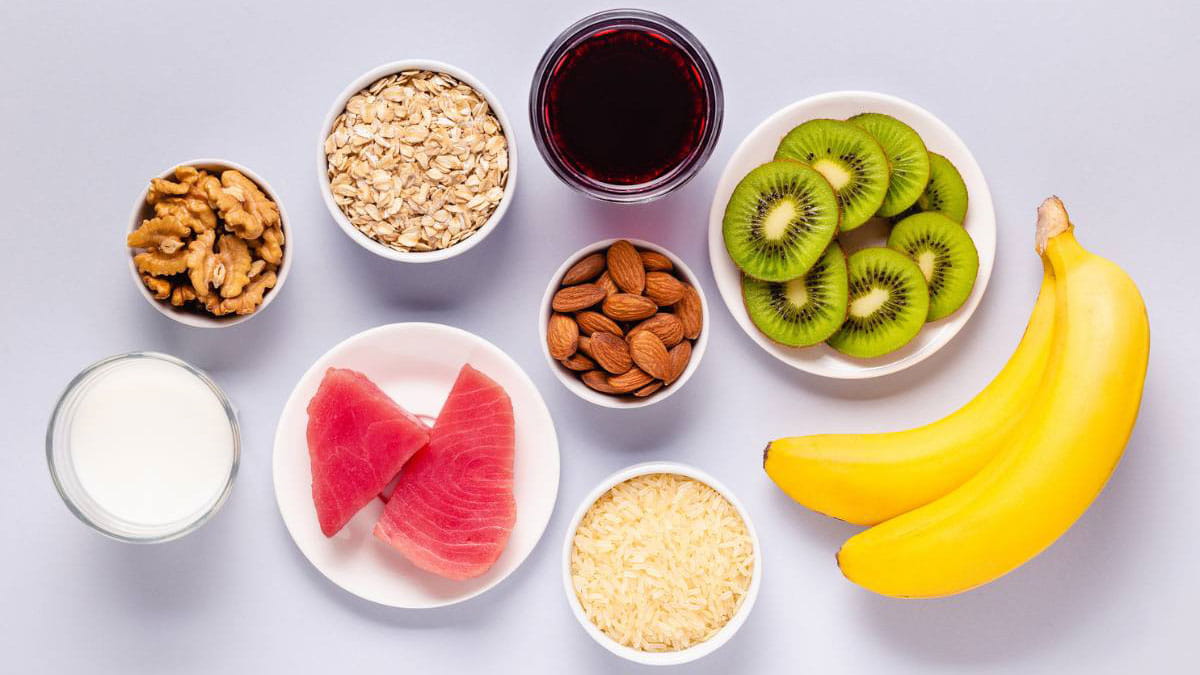Blog article
What are the symptoms of food intolerance? A dietitian explains

Let’s explore the process for trying to get a diagnosis, and how a dietitian can help manage your symptoms.
Takeaways
- A food intolerance is a chemical reaction that causes a physical response when consumed.
- Food allergies are linked to the immune system and can be as severe as anaphylaxis, while intolerances involve the digestive system making reactions less severe – but still uncomfortable and frustrating to get to the bottom of.
- Managing a food intolerance may involve an elimination diet, which should only be done under the supervision of an accredited dietitian and your GP and only for a short period of time.
- The easiest way to treat a food intolerance is to eliminate the offending food/s from your diet. It is sometimes possible to build your tolerance for foods by avoiding them for a time, and then reintroducing it in small doses.
- A qualified dietician can help you identify and manage food intolerances in a variety of ways from monitoring your diet to create an evidence-based plan and providing ongoing support and education.
What is a food intolerance?
The term food intolerance broadly refers to foods that cause a chemical reaction within the body which leads to a physical response when consumed. Symptoms can include:
- bloating
- diarrhoea
- constipation
- stomach pain
- itchy and/or runny nose
- sinus congestion
- irritable behaviour
- overactivity
- headaches or migraines
- fatigue
- rashes or hives
- swelling
- mouth ulcers
Food intolerances are sometimes confused with food allergies as they have many common symptoms. However, allergies involve the immune system and can be as serious as anaphylaxis, while intolerances involve the digestive system and cannot.1
While symptoms caused by food allergies typically develop very soon after consuming the food, symptoms caused by food intolerance can be immediate or can take up to 12 to 24 hours to develop.
Intolerance reactions are usually related to the amount of food consumed and may not occur unless a certain amount is consumed.2
Some food intolerances are hereditary, and are more common than allergies, affecting up to 25% of the population across children and adults. Food intolerance has been associated with asthma, chronic fatigue syndrome and irritable bowel syndrome (IBS).3
Common causes
There are a wide variety of foods that people can have an intolerance to. Some of these include:
- chocolate
- dairy
- eggs – especially egg whites
- flavour enhancers such as msg (monosodium glutamate 621)
- food additives
- histamine and other amines in some foods
- strawberries, citrus fruits and tomatoes
- wine – particularly red wine2
How are food intolerances diagnosed?
It can be difficult to diagnose a food intolerance because the symptoms are so broad and can also be linked to other health conditions.
Talking to your GP is always a good first step. As well as ruling out other possible conditions that could be causing your symptoms, they can refer you to an accredited dietician, who can:
- determine if diet is causing your symptoms
- identify individual triggers
Managing a food intolerance may involve an elimination diet, which should only be done under the supervision of an accredited dietitian and your GP and only for a short period of time.2
Treating food intolerances
The easiest way to treat a food intolerance is to eliminate the offending food/s from your diet. It is sometimes possible to build your tolerance for foods by avoiding them for a time, and then reintroducing them in small doses.2
How can a dietitian help manage food intolerances?
A qualified dietician can help you identify and manage food intolerances in a variety of ways, including:
- Monitor an exclusion diet and make recommendations including how to establish individual tolerance levels to safely reintroduce foods to help maintain a nutritional balanced and diverse diet
- Consider relevant cofactors and non-dietary triggers (such as exercise, alcohol, medications)
- Create an evidenced-based management plan to suit your lifestyle
- Provide age-appropriate education, including label reading and making appropriate food substitutions, to ensure nutritional adequacy4
“It’s important not to restrict your diet too much and limit nutritional variety and diversity. A dietitian can help with increasing that variety and diversity while limiting symptoms from food intolerances,” HBF Dietitian Mary Du Heaume adds.
Looking for healthy eating advice?
- HBF Extras cover can pay benefits towards visits with a dietitian or nutritionist depending on your policy, who can give you expert advice on healthy food choices to optimise your health and wellbeing.
If you’re an HBF member, you can check what you're covered for by logging on to myHBF or calling us on 133 423.



